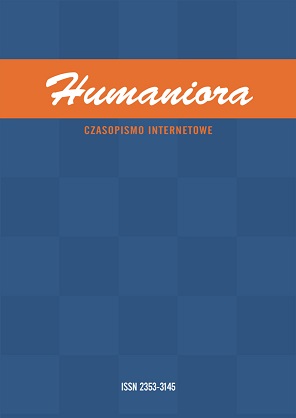Uniwersytet w imadle rankingów
University caught in the vice of rankings
Author(s): Jerzy Marian BrzezińskiSubject(s): Higher Education , History of Education, Sociology of Education
Published by: Uniwersytet Adama Mickiewicza
Keywords: university; university rankings; The Academic Ranking of World Universities (ARWU); Times Higher Education World University Rankings (THE); CWTS Leiden Ranking; The Perspektywy University Ranking;
Summary/Abstract: The author of the article focuses on a critical assessment of university rankings existing in general, not only in academic, space. Three different rankings with an inter- national reach: (1) The Academic Ranking of World Universities (ARWU) also known as the Shanghai Ranking, (2) Times Higher Education World University Rankings (THE), (3) CWTS Leiden Ranking and one Polish ranking: The Perspektywy University Ranking have been subjected to a detailed critical evaluation. The main objection raised against the discussed international rankings is disregarding by them scientific works published in national languages of the authors. This decision of rankings’ creators is particularly detrimental to universities with scientifically strong faculties in the field of humanities and social sciences. The fact that monographs are ignored is difficult to comprehend (e.g. CWTS Leiden Ranking). Moreover, favouring publications in two journals: “Science” and “Nature” as well as the Nobel Prize and the Fields Medal (mathematics) has no deeper justification. The author calls for recognition of monographs and also academic textbooks which shape the culture of university. The percentage proportion of particular criteria in the total assessment leading to ranking results – which, in fact, boils down to marginalis- ing scientific achievements of representatives of humanities and, partly, social sciences – raises the author’s reservations. Finally, if we look at our Polish local “backyard” where universities were fragmented after the Second World War and rebuilt according to the Soviet model of higher education with smaller higher education entities of a narrower pro- file (medical, agricultural, economic, sports) functioning alongside standard universities which had been stripped of these sections, we will notice that these classic, “full” univer- sities have no chance of competing for a scientifically decent position in world rankings.
Journal: Humaniora. Czasopismo Internetowe
- Issue Year: 42/2023
- Issue No: 2
- Page Range: 13-31
- Page Count: 20
- Language: Polish

